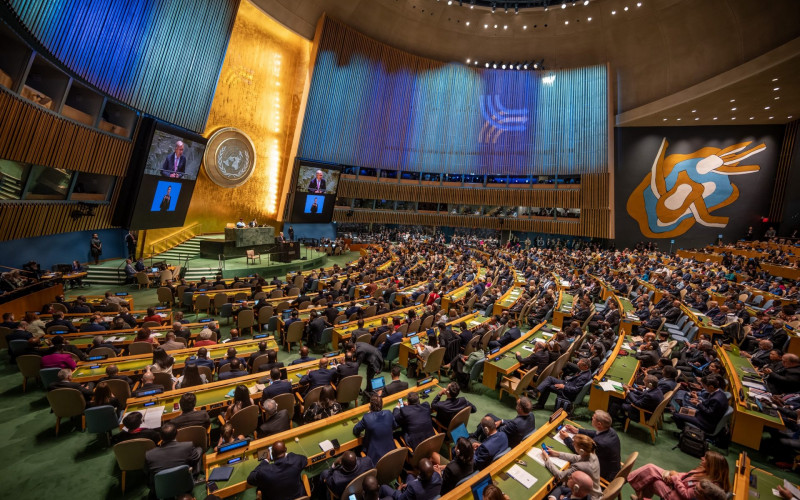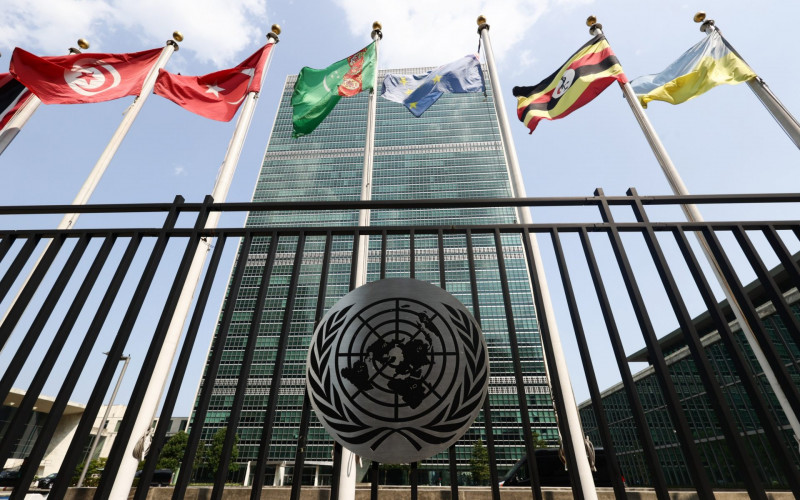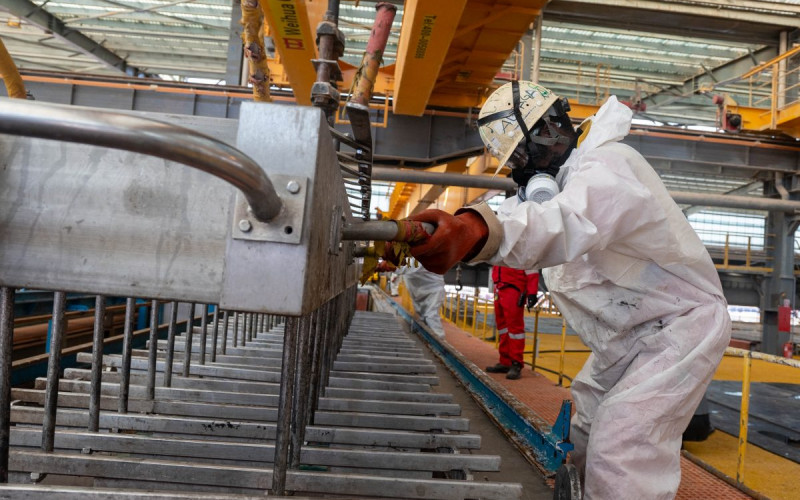Summary:
- Disasters are not natural; they are extraordinarily hazardous events, and their magnitude exceeds the human ability to cope with their consequences. Disasters are the outcome of poor development choices, marginalisation, inequality, exposure, vulnerability and lack of coping capacity. Humans have the ability, capacity and know-how to develop in safe and sustainable ways that will reduce vulnerability and build resilience.
- Anticipatory governance is the ability to harness the collective intelligence and wisdom of collaborating organisations and citizens to deal with risks and leverage emerging opportunities in order to meet development goals.
- The nature of disaster risks necessitates a different management regime. With its inherent elements aligning with the transdisciplinary nature of disaster risk reduction (DRR), anticipatory governance is ideally suited to address it.
- Anticipatory governance allows for cross-sectoral pollination, leading to policy coherence, which in turn addresses the use of scarce government resources and ensures multiple gains through integrated planning. It allows for flexible governance, foresight and timely feedback.
- The COVID-19 pandemic exposed the institutional inadequacies to deal with biological hazards. Anticipatory governance will allow for better and more accurate assessment of a variety of risks including ‘black elephants’, ‘black swans’ and ‘black jellyfish’.
- The pandemic highlighted the interconnectedness and interdependence of many systems in SADC. For example, food security can be threatened by events outside the value chain. Through foresight and feedback loops, anticipatory governance could help identify such issues before they become bigger.
- Systemic innovation – which could include finding policy coherence and aligning current resources to address common problems in an integrated way – is needed to introduce anticipatory governance within DRR. An open-minded institutional culture must be built through trust in decision-making and devolution of powers linked to accountability. Dedicated foresight units, at member state (MS) and regional level, supported by academic and capacity building programmes will go a long way to inculcate anticipatory governance.







